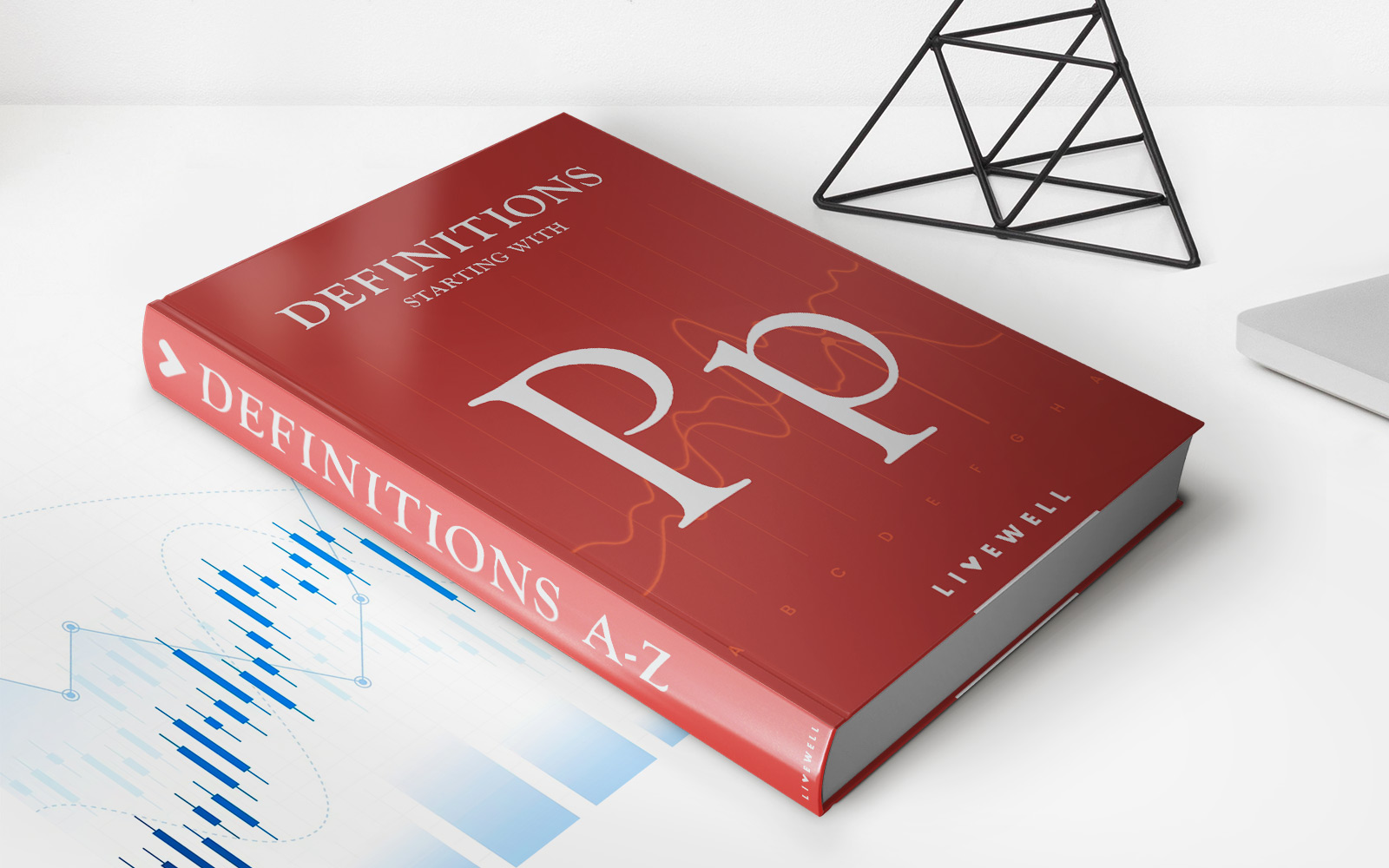Home>Finance>Employers’ Liability Insurance: Definition, Coverage, Limits


Finance
Employers’ Liability Insurance: Definition, Coverage, Limits
Published: November 17, 2023
Get comprehensive information on Employers' Liability Insurance, including its definition, coverage details, and limits. Ensure your financial protection with the right finance strategy.
(Many of the links in this article redirect to a specific reviewed product. Your purchase of these products through affiliate links helps to generate commission for LiveWell, at no extra cost. Learn more)
Employers’ Liability Insurance: Definition, Coverage, Limits
When it comes to running a successful business, there are many factors that need to be considered. Finances, hiring the right employees, and ensuring workplace safety are just a few examples. One aspect that often gets overlooked is employers’ liability insurance. But what exactly is it, what does it cover, and what are the limits? In this blog post, we will provide you with all the essential information about employers’ liability insurance.
Key Takeaways:
- Employers’ liability insurance protects businesses from employee-related claims and their associated costs.
- It covers legal fees, compensation payments, and medical expenses resulting from workplace injuries or illnesses.
Employers’ liability insurance is a type of coverage that protects businesses from potential claims made by employees who have suffered injuries or illnesses in the workplace. It is a crucial component of any business’s risk management strategy, as it helps mitigate the financial burden of such claims. Whether you run a small business or a large corporation, having employers’ liability insurance in place ensures that you are prepared for any unforeseen circumstances.
Here are some key points to understand about employers’ liability insurance:
- Legal Coverage: Employers’ liability insurance covers the legal fees associated with defending your business against employee claims. These costs can quickly add up, so having appropriate coverage protects your business’s financial health.
- Compensation Payments: If an employee successfully sues your business for a work-related injury or illness, employers’ liability insurance helps cover the compensation payments. This can include lost wages, medical expenses, ongoing care costs, and even punitive damages in some cases.
- Medical Expenses: In addition to compensation payments, employers’ liability insurance also covers the medical expenses incurred by an injured or ill employee. This includes hospital bills, rehabilitation costs, and ongoing medical treatments.
It is important to note that employers’ liability insurance has certain limits in terms of coverage. These limits specify the maximum amount that an insurer will pay towards a claim. The limits are usually outlined in the insurance policy and can vary based on several factors, including the nature of the business and the number of employees.
Having a comprehensive employers’ liability insurance policy that suits your business’s specific needs is crucial. Working closely with an experienced insurance professional will ensure that you have the appropriate coverage in place to protect your business from any employee-related claims.
In conclusion, employers’ liability insurance is a vital component of any business’s risk management strategy. It provides coverage for legal fees, compensation payments, and medical expenses resulting from workplace injuries or illnesses. By understanding the definition, coverage, and limits of this insurance, business owners can protect their financial health and focus on building a successful enterprise.














